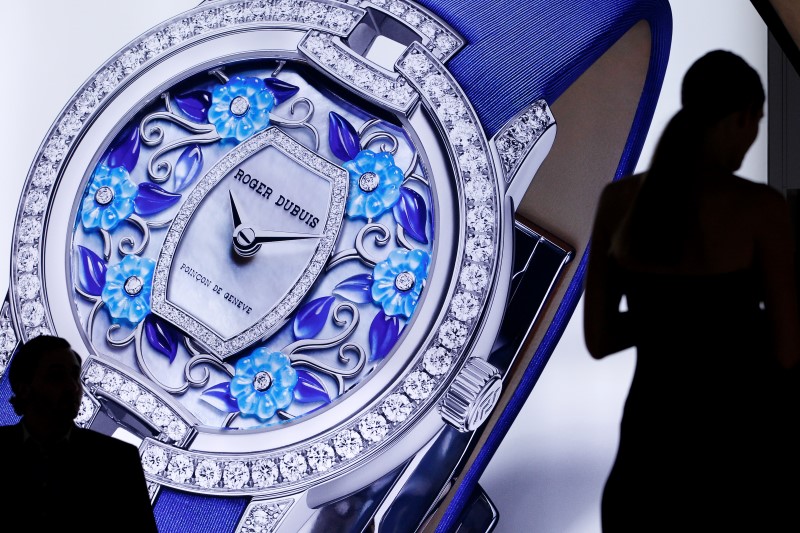By Geoffrey Smith
Investing.com -- Richemont (SIX:CFR) stock rose in morning trade in Zurich on Wednesday after the luxury goods group finally struck an agreement to withdraw from loss-making online division Yoox Net-a-Porter (BIT:YNAP).
Richemont, owner of the Cartier, Montblanc and Van Cleef & Arpels brands, said it has agreed to sell 50.7% of YNAP, of which 47.5% will be bought by U.S. rival Farfetch (NYSE:FTCH) and the remaining 3.2% will be bought by Mohamed Alabbar, a long-standing Richemont partner based in the United Arab Emirates.
The deal will allow Richemont to de-consolidate YNAP's losses from its earnings, a step that should boost its margins before interest and taxes by some 470 basis points, according to analysts at ZKB. However, it comes at the cost of a heavy writedown: the Swiss group expects a charge of 2.7 billion euros ($2.7 billion) against its earnings for the six months through September. It had paid over 5 billion euros to buy YNAP in a multi-stage deal that was completed in 2018, belatedly joining a trend toward digitization that the luxury business had initially resisted.
The two had nearly reached an agreement on the sale last year when Farfetch's stock price collapsed, wrecking the underlying arithmetic. At current levels, Farfetch is down some 90% from its 2021 peak.
The deal will still be largely financed by stock, however, Farfetch will pay with between 53 million and 58.5 million shares - worth as much as $458 million at Tuesday's closing price - as well as an extra $250 million within five years of the deal being completed.
As a result, Richemont intends to build a stake of between 12% and 13% in Farfetch.
Under the terms of the deal, Richemont will also acquire a put option on the rest of its stake, while Farfetch will acquire a call option on it. These will be subject to certain conditions.
By 05:45 ET (09:45 GMT), Richemont stock was up 3.0%, the best-performing stock in the Swiss SMI index and the best performer in the European luxury goods segment.
Analysts said the deal should relieve pressure on the company's board ahead of an upcoming annual meeting in September. YNAP's heavy investment needs had drained group profits for years, and the collapse of Farfetch's share price had raised fears that the planned exit strategy wouldn't be possible to implement.
